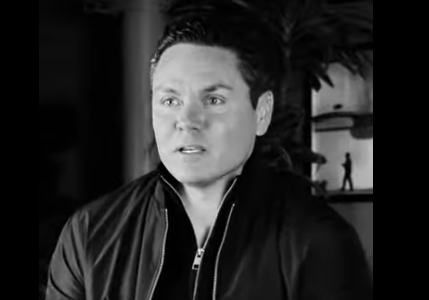Personal development and healing have become big business, with countless self-proclaimed experts offering guidance. Yet, a concerning pattern emerges when examining many of these supposed healers and guides — their own lives often contradict the wisdom they claim to share.
The wellness industry has created an environment where anyone can position themselves as an expert, regardless of their personal circumstances or actual results. This situation puts vulnerable people seeking help at risk of receiving misguided or potentially harmful advice.
Common sense tells us we should evaluate the source of our guidance carefully. Consider this: Would you trust investment strategies from someone struggling to pay their bills? Or would you follow fitness advice from someone who doesn’t maintain their own health? The same logic should apply to emotional and spiritual guidance.
The Problem with Unhealed Healers
Many wellness practitioners and spiritual guides enter the field with good intentions. They may have experienced their own struggles and genuinely want to help others. However, good intentions alone don’t qualify someone to guide others through complex emotional journeys.
Here are key red flags to watch for in supposed healing experts:
- Unstable personal relationships
- Frequent emotional outbursts
- Financial instability
- Lack of boundaries
- Inconsistent behavior patterns
These indicators suggest that someone has not completed their own healing journey. True healing manifests in observable ways: emotional stability, mature relationships, and consistent decision-making.
The Real Path to Healing
Authentic healing requires dedication, time, and honest self-reflection. There are no quick fixes or magical solutions. The journey involves:
- Confronting uncomfortable truths about ourselves
- Developing emotional resilience
- Building healthy boundaries
- Creating stable relationships
- Demonstrating consistent growth over time
When seeking guidance, look for practitioners who embody these qualities. Their lives should reflect the wisdom they share. Real healers have done the difficult work themselves and continue to maintain their emotional well-being.
Choosing the Right Guide
Before investing time, money, and trust in a healing practitioner, scrutinize their life circumstances. Look for evidence of:
- Long-term stable relationships
- Emotional maturity in challenging situations
- Professional consistency
- Personal responsibility
- Healthy boundaries with clients
The best guides demonstrate wisdom through their actions, not just their words. They maintain healthy relationships, show emotional stability, and gracefully handle life’s challenges.
Taking Responsibility for Our Healing
We must take responsibility for our healing journey by wisely choosing qualified guides. This means looking beyond charismatic personalities or compelling marketing. The proof of effective healing lies in tangible results: stable relationships, emotional maturity, and consistent personal growth.
Remember that true healing takes time and effort. Anyone promising quick fixes or miracle solutions likely hasn’t done the real work. Choose guides who demonstrate the stability and wisdom you seek to develop.
Frequently Asked Questions
Q: How can I verify if a healing practitioner is qualified?
Look at their personal life stability, professional track record, and the quality of their relationships. Qualified practitioners demonstrate emotional maturity and maintain healthy boundaries with clients. Their actions should align with their teachings.
Q: What are the signs of an authentic healing journey?
Authentic healing is shown through emotional stability, mature relationships, consistent behavior patterns, and the ability to handle life’s challenges effectively. It’s a gradual process that produces lasting change rather than temporary fixes.
Q: Can someone still be healing themselves while helping others?
While everyone continues to grow, a healing practitioner should have resolved their significant emotional challenges and demonstrated stability in their own life before guiding others. They should be significantly further along in their journey than those they’re helping.
Q: What should I do if I realize my current healing guide isn’t qualified?
Trust your instincts and observations. If you notice red flags or inconsistencies between their teachings and personal lives, consider finding a new guide who better demonstrates the qualities and stability you’re working to develop.

